Historic Sites
Archaeologists have unearthed evidence that Penghu Islands were inhabited 4,000 to 5,000 years ago, with Chinese migrants arriving from the southeastern coasts of China before the Northern Song Dynasty (A.D. 998-1127). Initially, the settlers used the islands as a temporary fishing base. It wasn’t until the Southern Song (A.D. 1127-1278) that permanent settlement began, and an official office was established to govern the islands in 1281. Chinese settlers arrived in large numbers in the late Ming Dynasty (ending 1628), fleeing from conflicts on the mainland and seeking new opportunities in fishing, shellfish gathering, cattle raising, and farming.
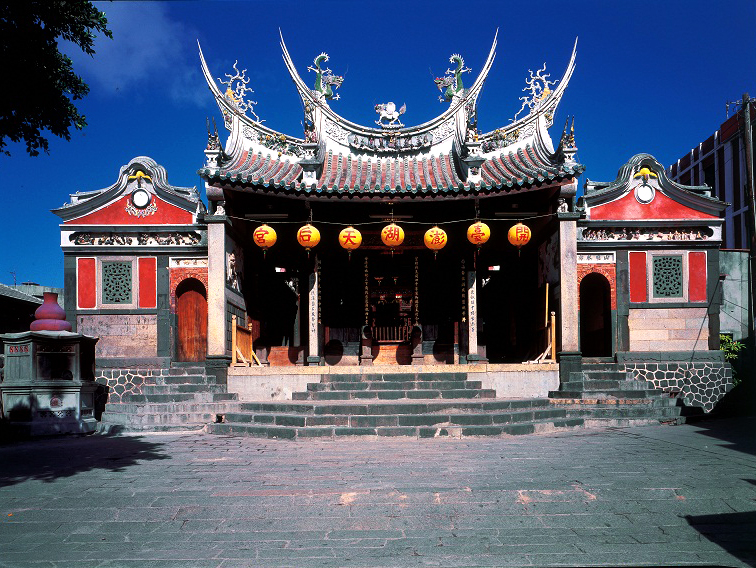
Penghu Matsu Temple
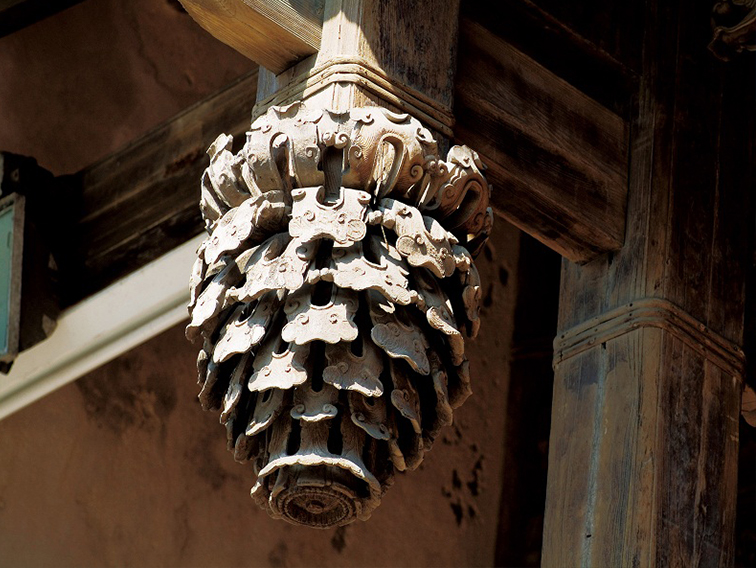
Zao Hua
More than 700 years have past since government and settlement came to the Penghu Islands, making them the earliest part of the entire Taiwan area to be subjected to Chinese administration and development. In the earliest days, Penghu was under the jurisdiction of Jinjiang County, Fujian Province. The course of development has left the islands with a rich diversity of cultural and historic sites, from the old streets of Magong, the more than four-century-old Queen of Heaven Temple, and the remains of the old city wall to the traditional cultural practices that are still carried on today. The old face of Penghu, indeed, presents a many-faceted countenance.
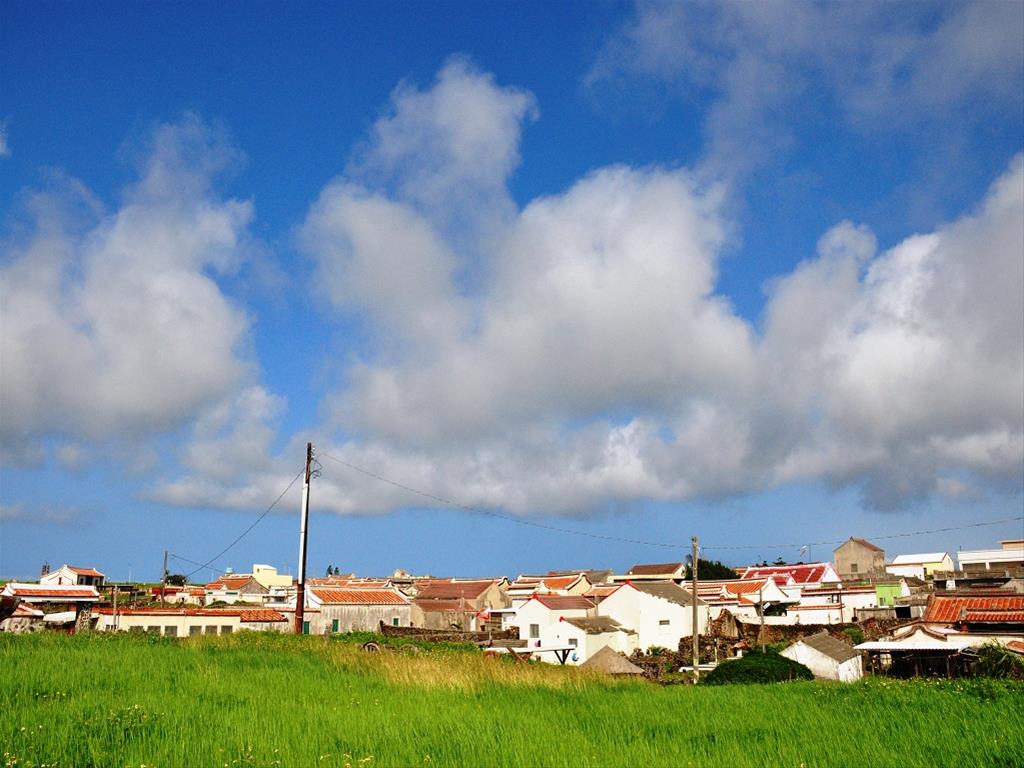
The courtyard houses and the entire appearance of the settlements evidence the architectural style of Southern Fujian, and hold to the old Chinese “Doctrine of the Mean” with the central chamber as the core of the houses and two wings projecting forward on either side. The courtyards are screened in by front walls with gateway constructed in a variety of shapes. Erkan Village on Siyu is perhaps the best-preserved residential compound in all of the Taiwan area, and other representative ancient settlements rich in cultural scenes are found in Wangan’s Jhongshe and Huxi’s Shagang.
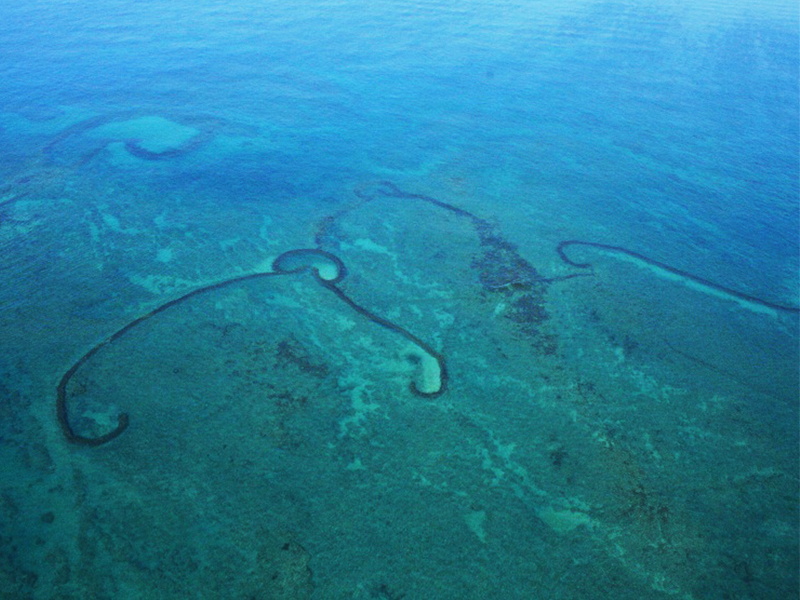
Stone Weir
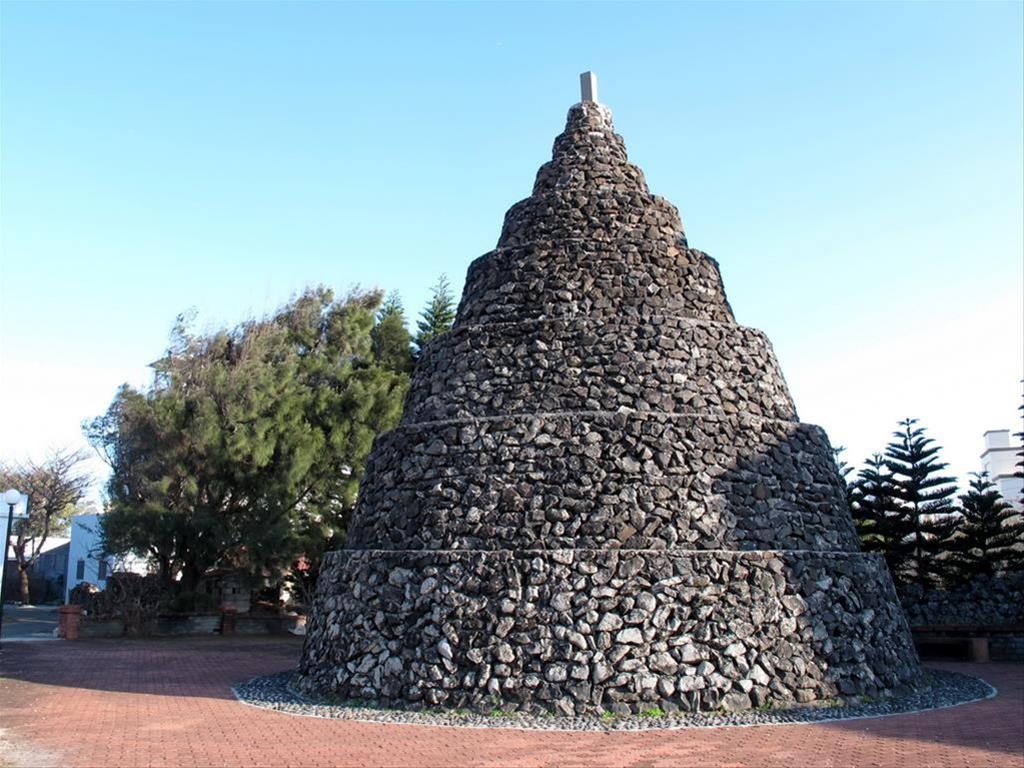
Shigandang
